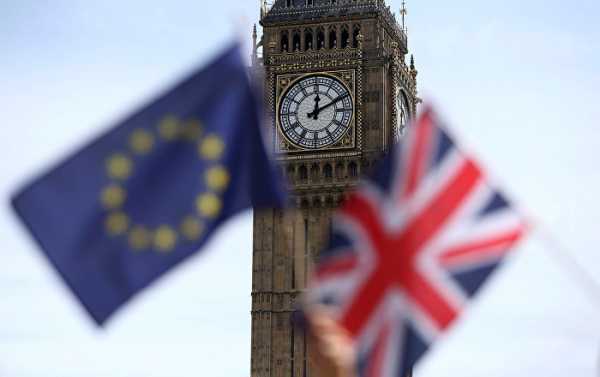
In mid-July, the European Commission’s Chief Brexit Negotiator Michel Barnier warned that businesses “on both sides of the Channel” should brace for the worst-case scenario of a no Brexit deal between the EU and the UK.
Touching upon the London-Brussels talks on Britain’s withdrawal from the EU in an interview with the BBC, Bank of England Governor Mark Carney warned that “the possibility of a no [Brexit] deal is uncomfortably high at this point.”
“People will have things to worry about in a no deal Brexit, which is still a relatively unlikely possibility but it is a possibility,” he stressed, describing the scenario as “highly undesirable”.
Carney urged both sides to “do all things to avoid it [ a no-deal Brexit], warning of far-reaching repercussions, including “disruption to trade as we know it.”
“As a consequence of that, a disruption to the level of economic activity, higher prices for a period of time,” he added.
The statement came a few weeks after UK International Trade Secretary Liam Fox cautioned that EU leaders forcing Britain into the no-deal Brexit scenario will result in “a consequence for their economies.”
Underscoring the need “to have a people’s Brexit, not a bureaucrats Brexit”, he warned that the possible no-deal scenario will have negative impact on the “economic prosperity and wellbeing” of EU citizens.
Earlier, European Commission Chief Brexit Negotiator Michel Barnier warned last week that “on both sides of the Channel, businesses, including subsidiaries of US firms, should prepare for the worst case scenario of a “no deal,” which would result in the return of tariffs, under World Trade Organization (WTO) rules.”
The Brexit negotiations between London and the EU kicked off last year and are due to be wrapped up before the end of March 2019.
Sourse: sputniknews.com






